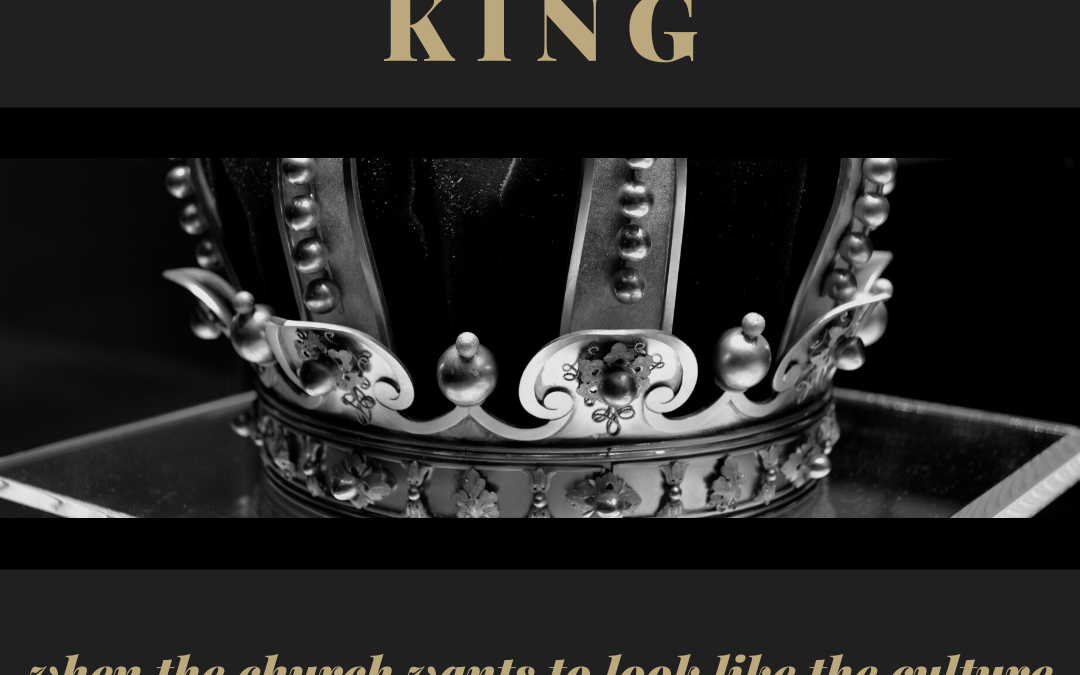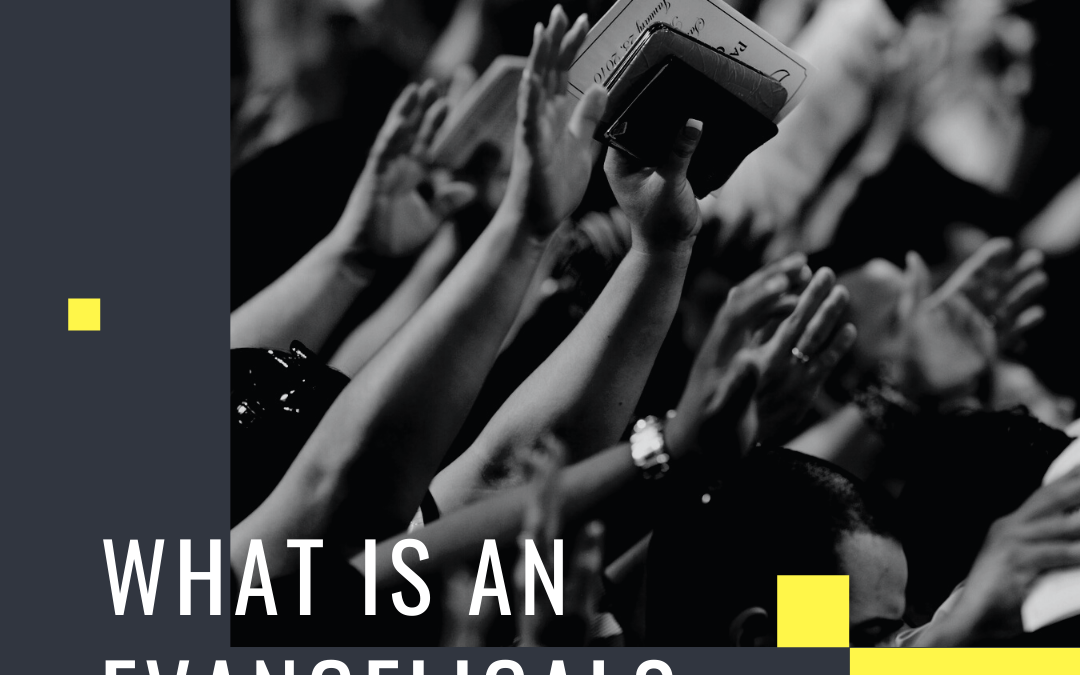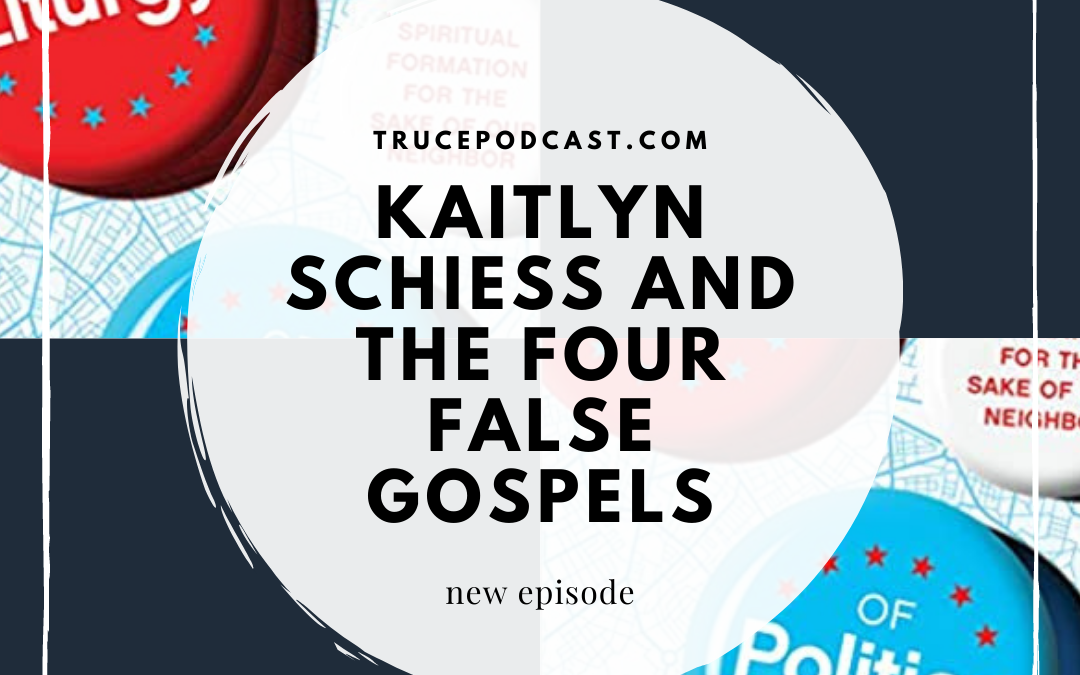
by Chris Staron | Oct 27, 2020 | Episodes
What do evangelical Christians hope to get out of the 2020 election?
What do evangelical Christians hope to get out of the 2020 election?
That’s a big question, right? Do we want to find a person who will represent us? Who will give us access to the seat of power? A person who will listen?
In this episode of the Truce Podcast, Chris asks some big questions. Do we share the gospel because we want people to know Jesus, or because we are claiming this land for ourselves? Leading up to the 2020 election, we need to stop being a people driven by anger and start being a people of the Word. What do evangelical Christians hope to get out of the 2020 election? Maybe the better question is to start with “what do I hope to gain from this election?”
Is the patriot church on the right track?
ROUGH TRANSCRIPT
This episode is part of a long series about how communism in Russia impacted the American Christian Church. This episode can stand on its own, but when you’re done, go back to the beginning of season three.
You walk into a restaurant. A greasy spoon diner. It’s the 1970s. There are booster seats stacked by the door. Tall, sticky, plastic menus in a little box. Knick knacks up high on shelves shelves.
WOMAN: One, please, for breakfast.
A server shows you to a booth. There on the table is the usual – silverware wrapped in napkins. Menu. A glass of water, some butter packets. Salt, pepper.
That’s weird. Stuck between the specials and a list of pies is a brochure. You open it up. Inside is a picture of a family. They look happy, well dressed, sitting in a pew. They’re in church, surrounded by a multi-ethnic smattering of people. All looking forward attentively while an American flag hangs in the background, slightly out of focus.
In big bold letters is written:
WOMAN: (slow, like she’s reading) Go to Church.
Let’s you and I do a gut check. How do you feel about this being at your table? What questions do you have?
It probably all depends on your religious beliefs. If you’re religious, this probably looks really good to you. Evangelism is the bedrock of many denominations and religions. Plus it may seem refreshing, as an American, let’s say you’re an American, to see a business owner expressing themselves without fear of repercussions. Not to mention the multi-ethnic ethos of the pictures. It shows unity. And the flag represents patriotism.
Let’s assume that at this point you’re cool with this brochure. You read it, think…
WOMAN: When was the last time I went to church?
And put it back where you found it. Time for pancakes.
WOMAN: With a side of hash browns, please.
For a lot of us, that would be the whole story. I saw a pamphlet, it was interesting, I thought about it’s most blatant message, and then I ordered breakfast. We’re often comfortable with the most obvious message. What if we didn’t do that this time? I don’t know about you, but I always want to know more. For example, who put this brochure at my table? Was it the server, business owner, or the last person to sit here? Makes a difference, right? Because these could be at every table and we’re all seeing this, or just my table. Maybe the server is sneakily evangelizing at the risk of their job. Or the owner of the establishment wants the pamphlet there. Who put it there changes the narrative quite a lot. If I do want to know more about God, can I ask the server or owner? Or did some traveling salesman tuck this thing next to the specials and then split, leaving me to figure out what to do with it?
Also, the brochure is vague. That makes a huge difference too! Is this promoting Christianity or the Jehovah’s Witnesses, Mormons, or Hari Krishnas?
That’s also very important. But it doesn’t give us any clues.
Lets do another gut check – what do you think about the brochure now? Still want to move on with your day, order those pancakes? Or, like me, are you growing a little suspicious?
WOMAN: Maybe just a cup of coffee while I think about this…
I thought so. Who would put a leaflet down just telling me to go to church? Any church? And who has the resources to distribute a vague pamphlet? Okay, so you look really hard at this document and in tiny print on the back you see that the ad was paid for by some of the largest corporations in the world. Auto manufacturers, oil companies, food packaging outfits.
They have the right to do that, to print materials like this. And it’s legal, and kind of admiral that someone here at the restaurant felt comfortable distributing it. But it’s not like we’re used to big companies telling us how to live our lives. At least, not so explicitly.
WOMAN: Why does big oil want me to go to church?
Good question. Maybe the CEO is religious and wants to encourage you to be too. Or, another, darker interpretation is that…
WOMAN: (thinking as she speaks) The people who run these companies see religion and patriotism as synonymous. Good for the country.
And they printed it using advertising money from their business. What company do you know of who would print expensive advertising that didn’t help them?
WOMAN: How does this pamphlet help a business when their logo isn’t even on the ad?
Aha. Well, again, it’s the 1970s. The Cold War is on. Children are being taught in schools what to do in case of a nuclear war. Bomb shelters are installed small towns across the country. The more critical approach is to say that since the United States is at war with an atheistic, communist country, the brochure is the corporation’s way of nudging you as a member of the public to support capitalism. Why? Because capitalism has room for religion, while communism, at least according to Karl Marx, doesn’t.
WOMAN: And that benefits the businesses because they don’t want collectivization.
Right. They don’t want the government to own their industry, their means of production. Or the regulatory environment that comes with that much government oversight. In other words…
WOMAN: Religion can be used to reinforce capitalism.
That is the darker interpretation. Oof. Who thought that simply going to a diner could be so complicated?
WOMAN: I’m ready for the check, please.
History demonstrates that religion has been used to reinforce capitalism. That’s what we’ve been talking about for the last few weeks. Men like James Fifield, Abraham Vereide, and organizations like the Ad Council were actively advertising for religion in the United States during the middle of the 1900s. Often financed by big businesses, some of which were driven by libertarian ideas. As we’ll see in a future episode, Billy Graham was in the mix too – one of his nicknames was the “big business evangelist”. Because he also tied religion, patriotism, and capitalism in his sermons.
Let’s do a third gut check. How does this make you feel? Knowing what we’ve learned so far.
I’ll be honest with you, all of this makes me feel conflicted. As a Christian, I want people to know the hope I have in Jesus. There is no more important thing in my life than my faith in Christ. I believe that He died for my sins. That it is a free gift to those who would follow Him. I want people to go to church.
But this feels a little icky.
This pamphlet thing is based on reality. The Ad Council produced materials like this. Is this what Christianity is?
Vague?
WOMAN: No.
What economic model did Jesus follow?
WOMAN: I don’t think he was all that concerned with economics.
So it’s weird that Christianity gets tied up into all of that stuff. There is still a big part of me that wants that ad there on the table. That is totally cool with the signs the Ad Council plastered on busses and train stations. The commercials on TV and radio. I’m amazed when I see politicians coming together once a year to pray together like at the National Prayer breakfast.
Because it feels like people like myself were represented in America in the mid-1900’s. The issues that I care about are also shared values of the country I live in. At least this whitewashed ideal vision, that ignores the racism and sexism of the era. The wars, just or unjust. Fear of nuclear holocaust. Put that aside, because a lot of us do. We want to imagine those years as ideal. Wholesome. Representative of us.
I want you to focus on that feeling. Of being represented. That’s what were going to be talking about this episode. We’ve already covered the creepy aspects of these marketing campaigns. Today, let’s hone in on how they make us feel. On this desire to feel represented in the public square.
Usually this is where I say that Truce uses journalistic tools to look inside the Christian Church. Today, we’re going to do something different. We’re going to talk, you and I, about an underlying urge that we all feel. The need to feel represented. And the trouble that gets we Christians into. I’m Chris Staron. This is Truce.
COMMERCIAL BREAK
In the Old Testament… the Jewish people went a long time without a king.
They were a people defined by their relationship to God. They were enslaved by the Egyptians and the God delivered them. (Let my people go!). A man named Moses led them out into the wilderness. Toward freedom. It was a long, arduous journey. Only a few people who left Egypt entered into the land of Israel at the end.
Once there they were led by powerful military leaders as they fought the people who lived in the land.
When the Israelites went astray God sent a judge – a person in charge of getting people back in line. Often, in a bloody, ugly way.
Then you get to the book of 1 Samuel. In it we meet the last judge of Israel, a prophet named Samuel. He’s gotten old by chapter 8 and it doesn’t lo ok like his kids are going to be a good replacement. So the elders of Israel come to Samuel and they say…
ELDER: Give us a king and let him judge us.
Samuel did not like this idea. Because God had been their king up to this point. Yes, they had leaders, but not a king. So Samuel prayed. And God replied (this is from the NASB)…
GOD: Listen to the voice of the people in regard to all that they say to you, for they have not rejected you, but they have rejected Me from being king over them.
And God gives him some warnings to tell the people. I’m paraphrasing these.
SAMUEL: Do you know what kings do? They use your sons to fight their wars. The king will take your daughters to be his servants. He’ll take your land and use it for his purposes. He’s going to collect taxes from you to pay for his government. Your servants will become his. You yourself will have to serve the king. You’re going to regret this decision, but God isn’t going to listen1.
The people didn’t care.
ELDER: We want a king so we can be like other nations. A king that will fight our battles.
They wanted to be like the other nations. And they wanted to feel represented.
Guess what? You follow the Old Testament story and those warnings became realities. They get some decent kings, but many of them are murderous. They took what they wanted. Led them places they shouldn’t be, like to worshipping other gods.
My brother and I think about this story a lot. This desire to be like the other people. The need for representation. The desire to replace God with something else.
Here are some big questions for us today… How are we like the Israelites? How much of our culture war is just us wanting to be represented? Wanting to have the same power that other nations do? Other world views have a leader, we should have one too.
In the Bible, this desire cost them land, their kids, and sometimes their lives to fight in the king’s wars. Today, our desire to feel represented brings us strange bedfellows. Political parties for sure. But also because we’ve been trained to equate Christianity and certain economic systems that are not actually in the Bible. That coupling of Christianity and economics comes from messaging in our history by people life Fifield, Graham, Vereide, and organizations like the Ad Council on the libertarian side. And Social Gospelers like FDR, Charles Sheldon, and Francis Bellamy on the other side of the spectrum.
Look back at the 1950’s, a time when religion was very much in the public eye. A time that Make America Great Again folks hold up as the goal. Eisenhower, himself a Christian, was president. Billy Graham toured the country sharing the gospel, sermons were preached on national television.
A Gallop Poll in 1950 said that 80% of Americans believed the Bible, “was the revealed word of God”. That sounds amazing right? 80%! Like the nation was mostly Christians. Here is where it gets tricky… only 47% could name even one author of the gospels in that Bible2. 47%. There are four gospels in the Bible: Matthew, Mark, Luke, and John. Do you know what the authors names were? Matthew, Mark, Luke, and John.
It’s not a hard question. Anyone who has actually read the Bible should know the answer. But most Americans didn’t, even in that supposed golden age. Leaving me to wonder if they weren’t an inch deep and a mile wide. Vast in number, but not actually invested.
We’re heading into a presidential election here in the United States. What do you hear from Christians? Anger. A feeling of not being represented in society. Fear of persecution. The desire to put our person into power.
What do you hear from non-Christians?
Anger. A feeling of not being represented in society. Fear of persecution. The desire to put our person into power.
You see the opportunity there? Our neighbors who maybe don’t believe like we do, are feeling the same things we’re feeling. We’re at a critical moment. Where we can either seek representation, or we can minister to people who feel surprisingly like us.
Here is why I follow Jesus. He’s not concerned about the influence other people can give Him. When He stood before Pilate, He knew who was really in control instead of pandering to get clout. When big crowds gathered, He didn’t sugar coat the truth, and the crowds left. As he walked into Jerusalem for Passover week, the people waved palm fronds and thought he was the military leader they’d been hoping for. The one who would kick the Romans out of Israel so the Jews could have their nation back. Get representation, control over their country that was being ruined by people who did not think and believe like them. But that’s not what He did. Instead of giving them earthly power, He set their souls free.
That’s the real Jesus. And I invite you to follow Him. In this time of contention, name calling, fear, and anger… remember who your real king is. And, while pamphlets on restaurant tables sound nice, and I’m fine with people putting them there, are they being placed because of a genuine desire to share Jesus, or because we are making a public statement. This is my land. I belong here. People like me belong here. Deal with it.
We could go that way. But what could be a better witness than people who don’t seek representation, who don’t need to plant a flag on everything? We could be do that, or we could humbly follow the true king.
11 Samuel 8
2One Nation Under God 68




